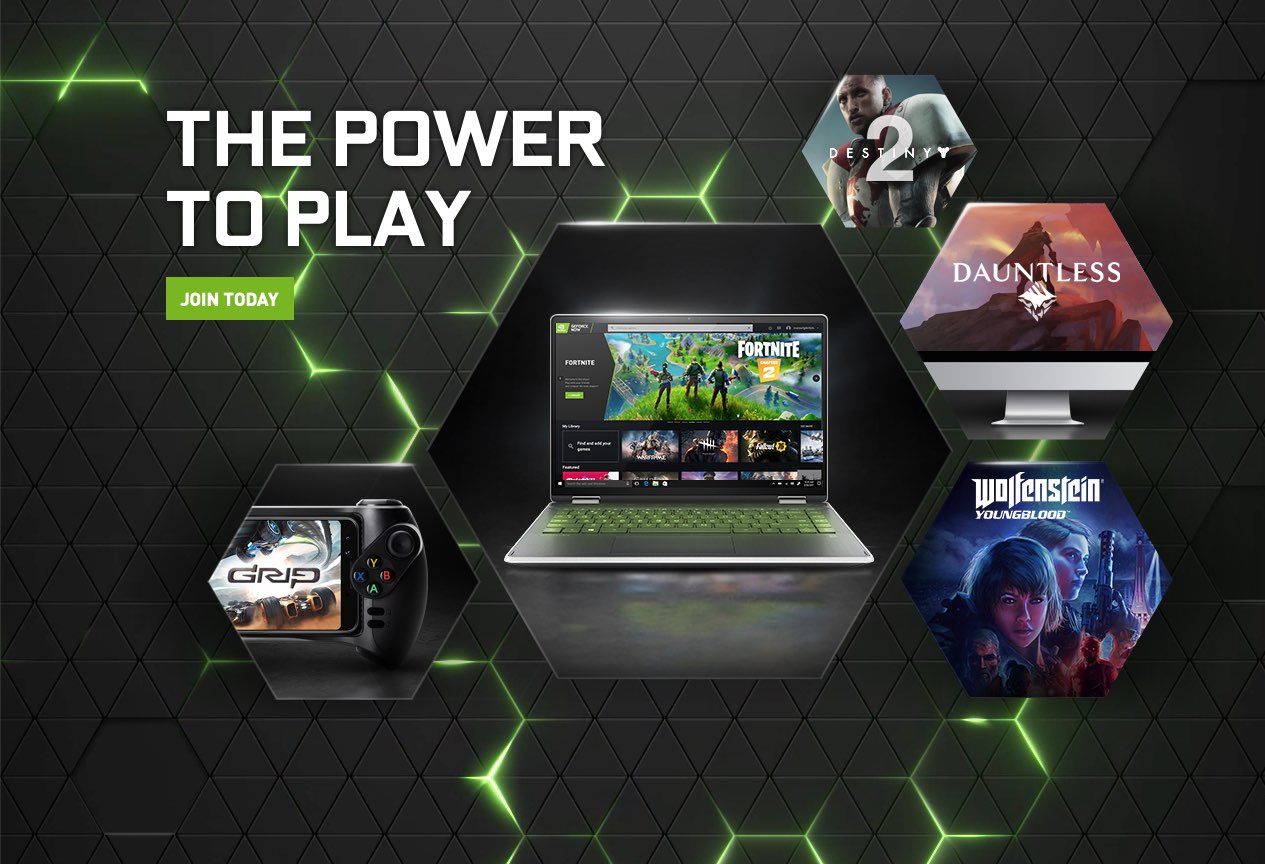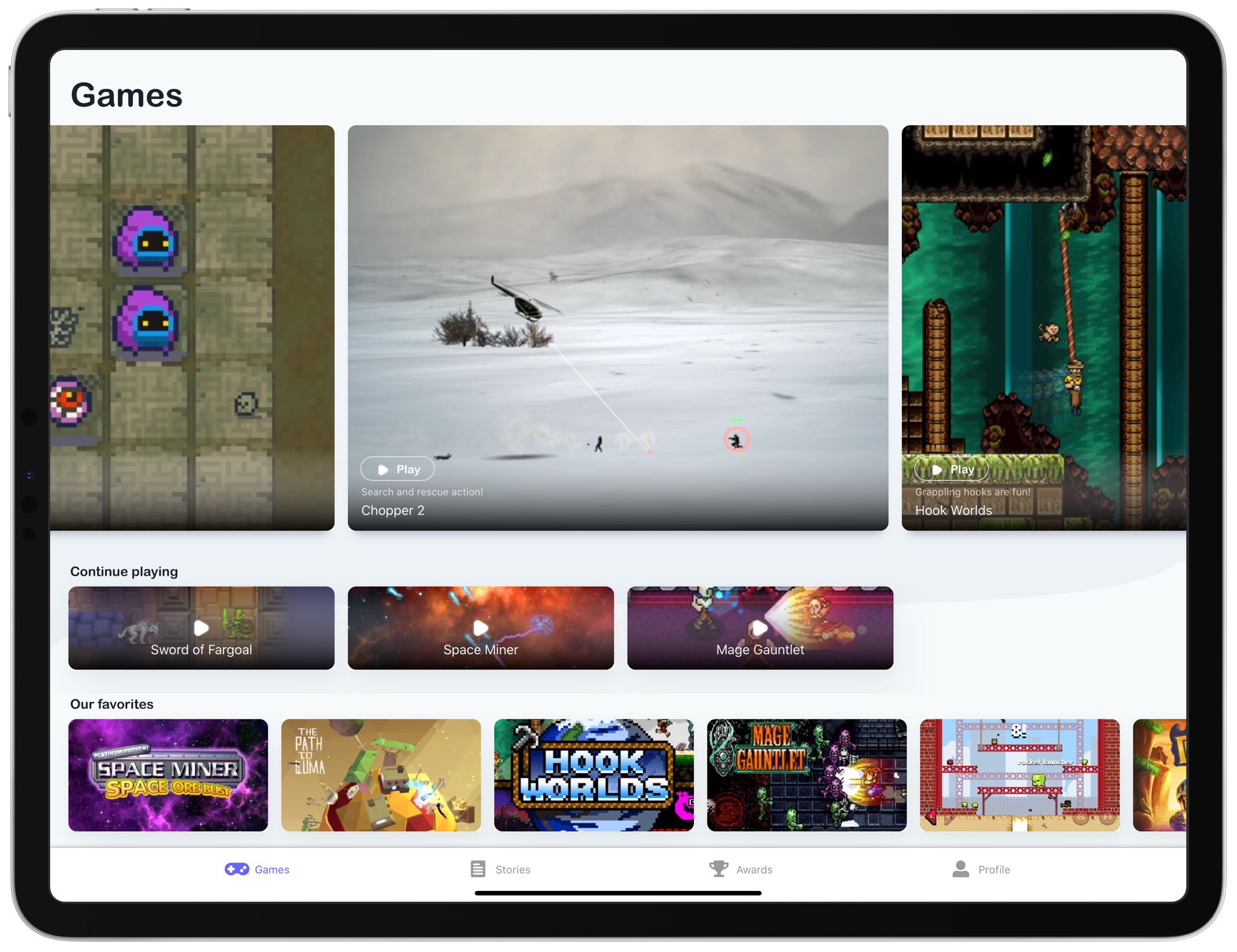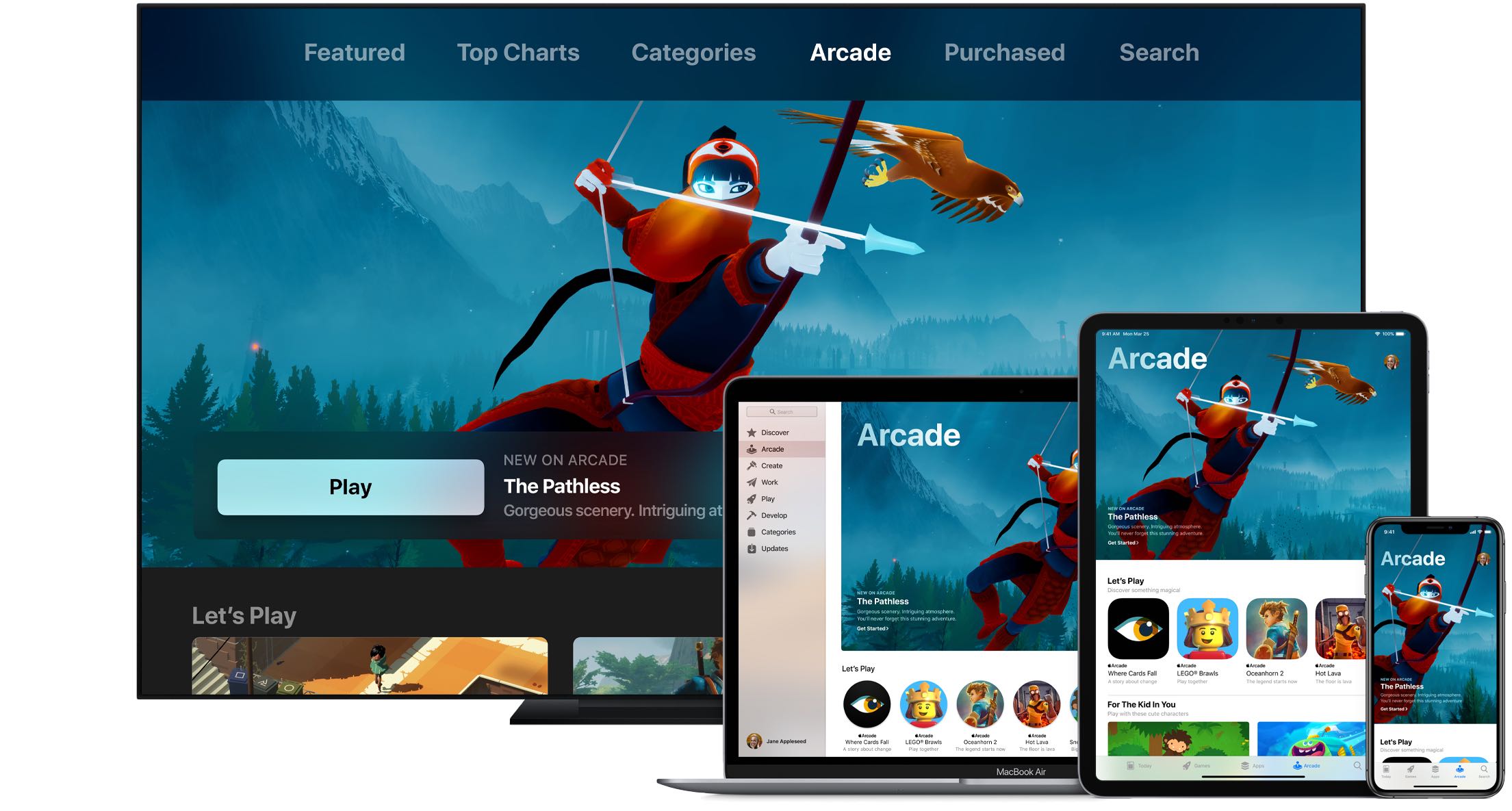
Several online game-streaming services, including Nvidia’s GeForce Now, Sony’s PS Now, Microsoft’s xCloud and Google’s Stadia, are currently unable to reach iPhone and iPad customers because Apple’s rules are making it impossible to get their apps on the App Store.
Bloomberg‘s Mark Gurman reported today that the current App Store guidelines prohibit any services that rely on streaming from the cloud (as opposed to local game streaming from a Windows or PC which is supported by the current App Store rules).
But wait, how come Apple Arcade doesn’t clash with these rules?
Arcade adheres to the requirements, in part, because it’s included as a feature within the App Store itself. This is the latest example of what critics say are arbitrary rules favoring Apple’s own apps at the expense of similar software from outside developers.
Asked to comment on the situation, an Apple spokesperson told Bloomberg that gaming services “can absolutely launch on the App Store” if they follow the guidelines. The current App Store guidelines mandate that any cloud games included in a subscription be submitted individually so they could appear in App Store rankings and search.
Apple also underscored that developers have the option to reach iOS customers over the web, using web apps that run in a browser, but none of the aforementioned game-streaming services is currently accessible through web browsers on iPhones and iPads.
One game-subscription service that we wrote about, called GameClub, did manage to get on the App Store, but how? That’s because GameClub released licensed retro games as separate apps on the App Store under one developer account. Other developers may find this unfeasible.

According to Eli Hodapp, GameClub’s head of business development, Apple rejected GameClub a whopping 127 times before approving it. “The amount of effort we put into making sure the app played by Apple’s rules was no joke, it was a huge undertaking,” he said.
Curiously, these so-called catalog apps that provide access to multiple items, are allowed for things like digital magazines and newspapers, as well as music, videos and books.
As for Microsoft’s xCloud service, currently in free preview, it has a catalog of 90 games available on Android, but only “Halo” appears on the iPhone because Apple’s rules limit xCloud to only provide games that were developed or exclusively licensed by Microsoft.
A clause in the App Store rules explains “games offered in a game subscription must be owned or exclusively licensed by the developer.” Bloomberg explains that this particular restriction prevents developers from working with game partners already on other platforms.

So in other words, Google and Nvidia cannot launch their respective game services on the App Store unless they exclusively licensed third-party titles?
Not so fast:
A related guideline bans the subscription services from carrying over upgrades like levels, extra weapons and characters unless they are also available as an in-app purchase in the App Store. Like many other apps, this gives Apple a 30 percent cut of revenue from developers, while confusing users who play video games on multiple platforms. It also means more overhead for developers.
Importantly, the current App Store policies were in place before the latest game-streaming services launched, but there’s no telling whether or not Apple might update its rules to avoid regulatory scrutiny.
It’s no secret that Apple can be quite heavy handed with the App Store rules.
Any potential but unrealized App Store revenue can be quite significant given the store’s size and reach: according to Sensor Tower data, the App Store accounted for 65 percent of all app spending globally last year. Another mind-boggling number: more than half of the $62 billion spent on smartphone gaming last year happened on Apple devices.
I’m hoping Apple will reconsider its stance so that game-streaming apps like GeForce Now can reach iOS customers and developers are not being robbed of potential additional revenue.
Image top of post: Nvidia’s cloud-gaming service GeForce Now